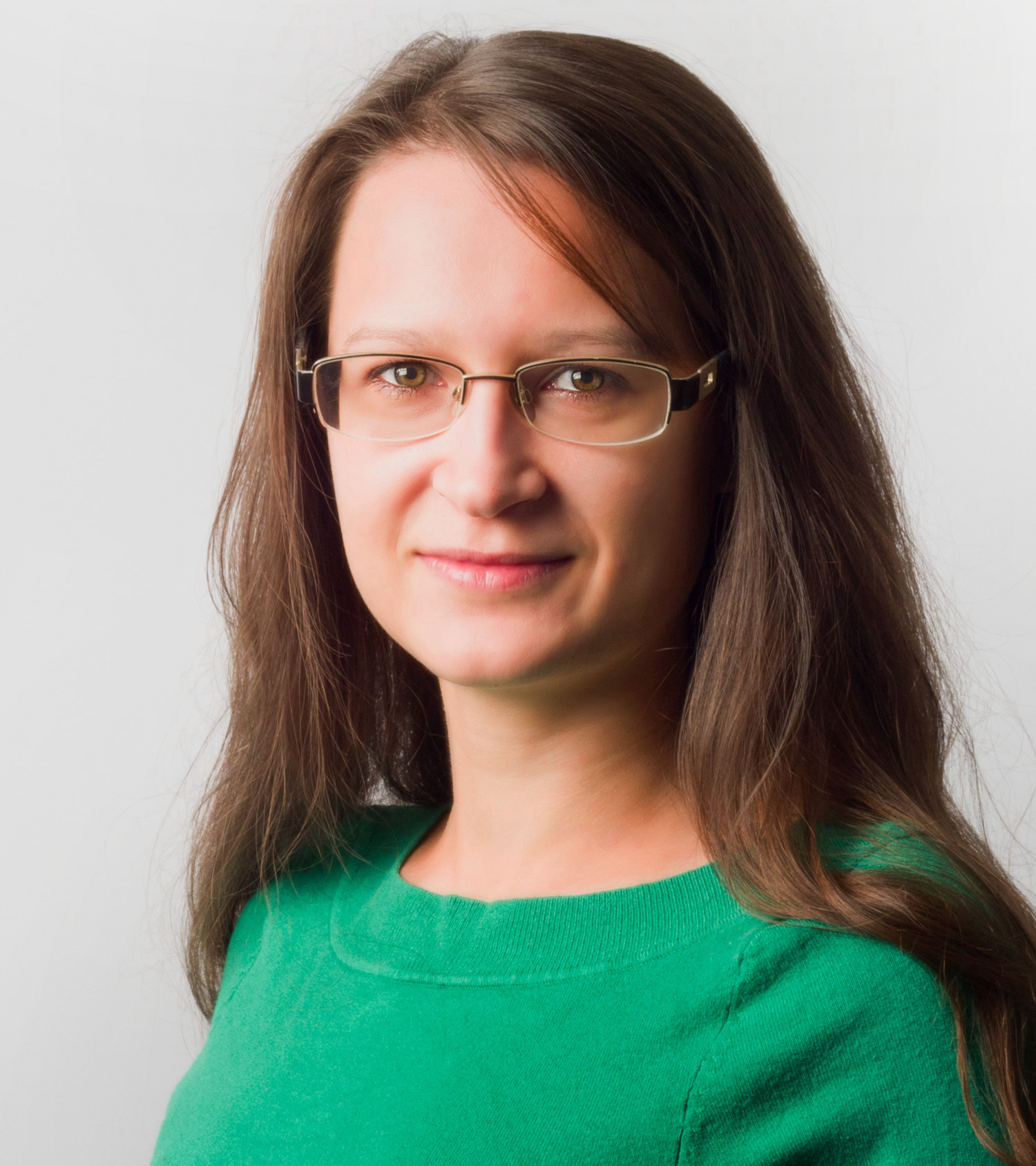Born in Italy • Birth year 1989 • Studied Mathematics at University of Bologna, Italy • Highest Degree PhD in Mathematics (University of Helsinki) • Lives in Helsinki, Finland • Occupation Quantitative Analyst
I have always liked maths, in school it felt easy for me and I loved solving problems. My mother, who used to be a maths teacher, contributed to making it fun for me since I was a kid, and never stopped reminding me how important and useful maths is. In high school my maths teacher always highlighted the more fascinating side of it, not giving us problems to solve following a given template but pushing us to search for a solution, with trial and error, and look for connections.
At university maths felt different, there was a whole new world to discover, and on one side it felt more difficult but on the other side it was also more motivating and rewarding.
When it was time to decide what to study at university I knew that I wanted to get a science or engineering degree, but I was unsure of what the job opportunities for a maths graduate would be, except teaching. In the end, I chose maths anyway, as it was the subject I liked the most. I followed my teacher’s encouragement, who assured me that many opportunities would arise.
At university maths felt different, there was a whole new world to discover, and on one side it felt more difficult but on the other side it was also more motivating and rewarding. During my master’s, I decided to do an exchange and wanted to visit Northern Europe, so I ended up in Helsinki. It was a very fun year, and I enjoyed both the studies and the life outside, as it was the first time for me living in another country and being in contact with people from different parts of the world.
I had some doubts about my skills, but my thesis supervisor was very supportive and encouraged me […]
Until the year in Helsinki, I hadn’t given too much thought to what I wanted to do after graduating: in a way maths was what I liked doing the most, and I started to think about pursuing a PhD. I had some doubts about my skills, but my thesis supervisor was very supportive and encouraged me to contact a professor in Helsinki, who then became my PhD advisor.
The years of PhD were both the most rewarding and challenging in my life so far: there were moments of discomfort when I thought I was not good enough for it and not as brilliant as the other researchers, and moments of deep satisfaction when I realised that I could instead contribute to maths. Now I would tell PhD students who feel discouraged that it is normal, and it helps to talk about it with colleagues and friends. I always felt supported by my advisor, who followed me along the way, helping me when I got stuck but also leaving me the freedom to choose the direction.
I never felt directly discriminated against in my studies or research for being a woman, although at times people showed surprise when they heard that I was doing a PhD in maths, and sometimes commented that I did not look like the stereotypical mathematician. At conferences the great majority of participants and speakers were men, but I met very talented and well-established women academics, who made me feel more like I could belong there too.
I wanted a more stable life than the usual academic career would mean, and Finland was where I wanted to live with my partner.
When finishing the PhD and considering what I wanted to do next, I started to have some doubts that a career in academia would suit me best. Moving to Helsinki had been on one side a life changing experience but it had also shown me the challenges of moving to a new country and starting from fresh, and I did not look forward to doing that again. I wanted a more stable life than the usual academic career would mean, and Finland was where I wanted to live with my partner. I still wanted a job that involved maths, and at a high enough level, but I also felt like I could move to a more applied field.
I had never considered working in finance before, but I got interested after meeting my future employer at a recruitment fair. Financial mathematics relies heavily on measure theory, which I had a solid background in, and uses tools from stochastic calculus, which I began to study when starting my new job, working as a quantitative analyst in a financial company. It was a big change, also a bit scary, but I have not regretted it. It has been three full and intense years, where I have also learned some coding, database design, and data manipulation. The work is more interactive than typically in academia, which I have enjoyed, and I still feel like I have a lot to learn. After all, I realised it was true what my high school teacher had told me: after studying maths there are so many different things you can end up doing, don’t be afraid to find out!



Recent Comments